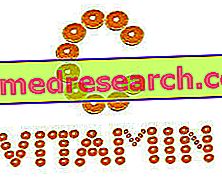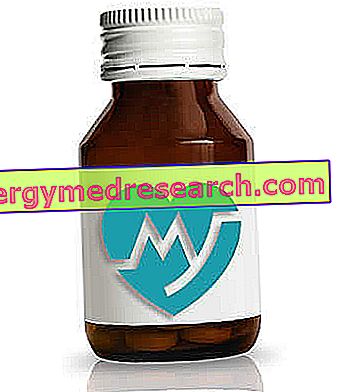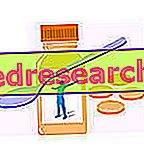Flatulence therapy is based on eliminating the causes that generated it.
Natural remedies
In phytotherapy, medicinal carminative plants are used, capable of preventing the formation of gas in the intestinal tract or favoring its expulsion. Among all, the most famous is fennel, very useful for moderating fermentations and favoring the elimination of excess gases. Also cumin, anise, chamomile, mint, lemon balm and angelica are typical vegetable drugs with carminative action.

Chewing and other remedies
To combat aerophagia it is necessary to re-evaluate the role of good chewing and the need to eat meals in a relaxed and comfortable environment. Chewing sufficiently and giving the right time to digestion is therefore a basic requirement to facilitate digestive processes.
If flatulence is associated with meteorism it can be useful to take antacids thirty minutes after meals. The effectiveness of activated carbon and other drugs with adsorbent properties is controversial.
Recently, alpha-galactosidase-based supplements have also been marketed, which are useful to counteract the formation of intestinal gas from non-digestible oligosaccharides.
Diet
In most cases, the most effective therapy is diet therapy. Standard feeding involves the reduction of legumes, cabbage, flour and all the other foods that facilitate the formation of gas, in favor of others that favor absorption. More generally, in the case of flatulence it is useful to eliminate foods commonly associated with food intolerances such as milk and foods rich in gluten or fructose. Attention also to dietary products containing polyols such as sorbitol.
An often overlooked aspect concerns the variety and balance of nutrition. The diet is indeed important for maintaining the bacterial flora in optimal conditions; if it is too rich in certain foods and poor in others the risk of creating changes in microbial populations, with consequent meteorism and flatulence, is quite high.
Digestive drugs and enzymes
In persistent cases, intestinal antibiotic therapy (indicated in the case of bacterial contamination of the small intestine) and supplementation with digestive enzymes (indicated in the presence of pancreatic problems) can be used. The use of probiotic foods instead aims to rebalance and strengthen the bacterial flora of the colon. Before taking these products it is advisable to consult a doctor's advice.
Lactic ferments, for example, could complicate the bacterial contamination syndrome and therefore have an effect contrary to what was hoped for. In fact, these products could further enhance the bacterial flora of the colon, favoring its ascent into the small intestine and causing symptoms such as meteorism, flatulence, diarrhea and constipation.



